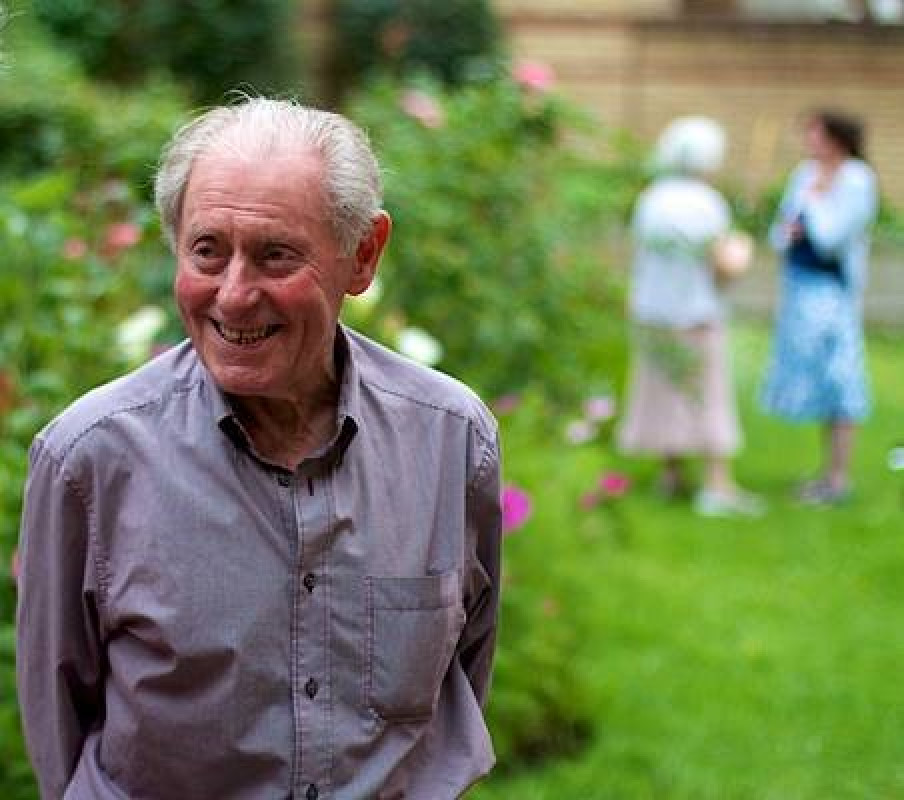Irish in Britain have been running our own Cuimhne Irish Memory Loss Campaign for the last 12 years, often with the help of local Alzheimer’s Society (AS) branches and informed by the excellent information and research provided by AS. We fully acknowledge that the issues raised in the ad are real for many families, we have experienced them in the Irish community and we recognise the response from Kate Lee, Alzheimer’s Society CEO to criticism of the video.
We also know, from our Cuimhne team perspective, that it can sometimes be hard to encourage people to seek a diagnosis of dementia, and perhaps particularly so amongst the Irish community and some minoritised ethnic communities in Britain.

Some believe receiving a diagnosis of dementia would be a death sentence and feel no incentive to find out. Some may be fearful of what their quality of life with dementia may be and how they might, with a dementia label, be judged by others.
This is despite the fact that early diagnosis can lead to much better support and quality of life for people and family carers.
The Long Goodbye advert seems to do little to encourage people to seek early diagnosis and support and may result in people backing away in fear. It may cause someone in the early stages of dementia to worry about the burden they may come to place on family members.
An advert signposting us all to what we can proactively do to delay the onset of dementia, could be very positive. However, this advert does not do this, nor does it remind us of the possibility of continuing to live well for a long time with dementia.
Carers

In our Cuimhne work, we very much support the idea of remembering to consider the wellbeing of family carers who are impacted by dementia as well as the person given the dementia diagnosis. However, this advert has the potential to send family members into panic.
For some, an advert that suggests that seeing a relative with dementia can be like meeting with someone who dies many times in front of us will be unhelpful. People may back away from the fear of the pain that accompanies the idea of our loved one dying and choose not to engage.
Yet we know, also from the Alzheimer’s Society’s own model bookshelf analogy describing memory storage and retrieval, that while a person may lose their factual memories, emotional memories remain for much longer.
Someone may not remember our name but may still gain happiness from positive emotional memories that our presence awakens.
We know that there are many different carers’ experiences, and we promote the need for better family carer support. In our Irish community we try not to judge each other, we campaign for better understanding and dementia inclusion, and we do not turn away.

Rather we champion the idea that inside a person who may no longer be able to speak or recognise people by name there is still a person and that sometimes through tools such as music, song, touch, scents, reminiscence objects we may ourselves glimpse sight of the person inside.
There is undoubtedly a grieving process associated with dementia for many families and friends, long before the person dies. But we believe that until then, they are still the person they were, despite the painful changes that have taken place.
Instead of stating that the person with dementia dies several times, it would have been better to reiterate their personhood until the very end.
Get in touch

If you have seen the advert and started thinking about dementia, Irish in Britain's Cuimhne team encourages you to get in touch.
We have resources on our website to support family carers and people living with dementia and a positive message to share – dementia is not an immediate death sentence.
There are things we can do to live well for as long as possible with dementia and to better support those impacted by dementia in our community.
Our charity offers free learning workshops and we have our own Cuimhne approach to dementia support and inclusion, to find out more please get in touch! champions@irishinbritain.org
